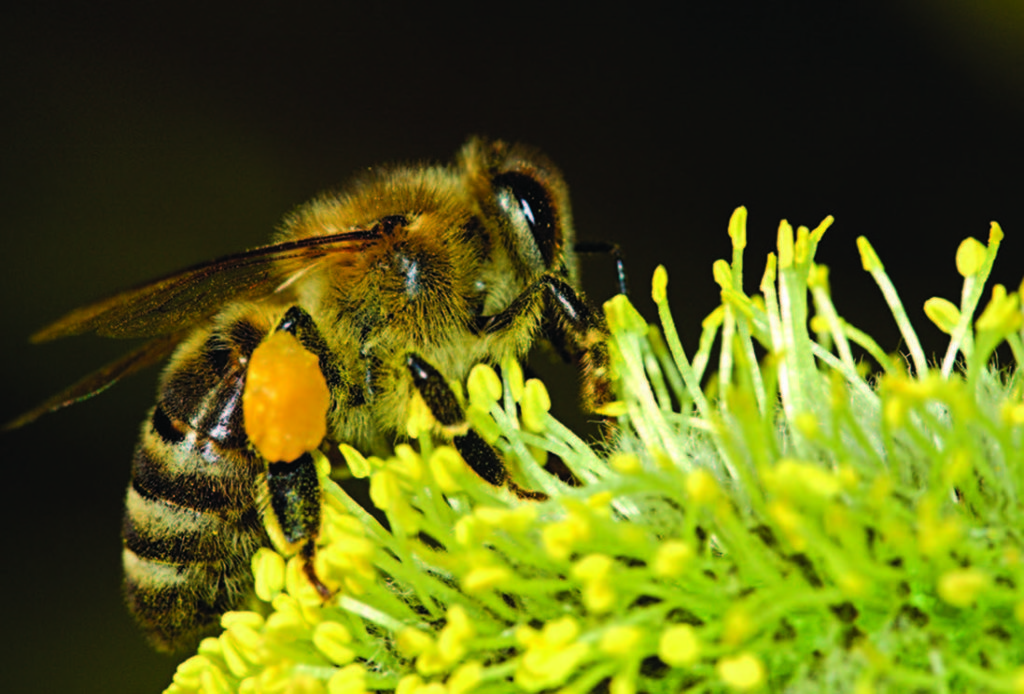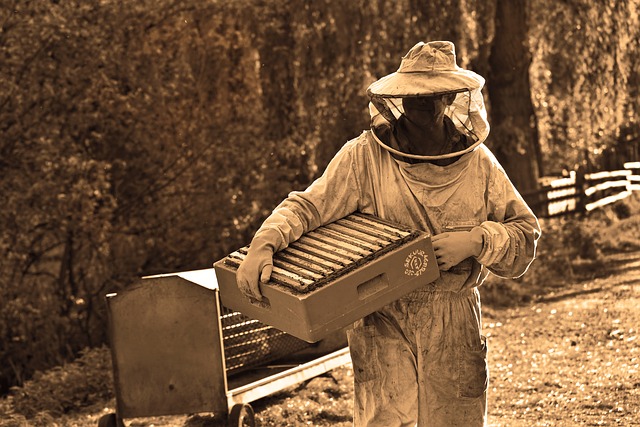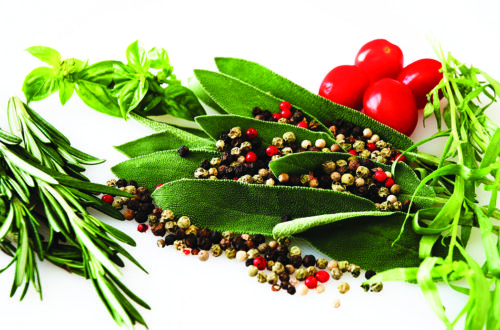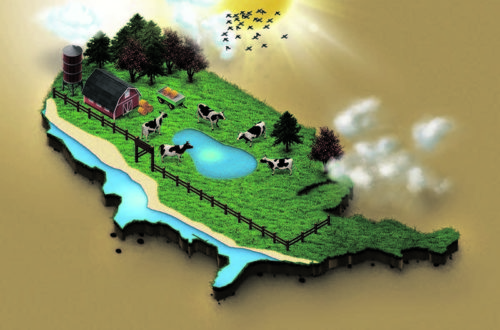If there is one thing that we humans should have learned by now it’s that meddling with nature results in unanticipated outcomes. Spraying weeds and insects with chemicals to increase crop yields, produces super weeds and bugs. Same story in the field of medicine, fighting disease with antibacterial and antiviral agents produces tougher pathogens. And around and around we go.
Then there is meddling on a planetary scale. We are now facing climate change as a result of rising CO2 levels in our atmosphere caused by the burning of fossil fuels. And now, thanks to years of research by a mathematician / biologist named Iraki Loladze, it seems that there is another problem caused by the rising CO2 levels. As CO2 increases, the nutritional values of our fruits and vegetables are reduced. Could it be that our best sources of healthy, nutritious, unprocessed food, are doomed to become just more junk food?
The fact is the jury is still out. No one knows if the nutritional reduction will continue as the CO2 level rises and no one knows (as yet anyway) if changes in farming practices can restore the nutritional values. But even if we find a way to put the nutrition back in the fruits and veggies that we humans live on, what about all of the other plants in the natural environment that all other living species depend on? Initial research confirms that there are reasons for concern.
A new and important strain of research on CO2 and plant nutrition is now coming out of the U.S. Department of Agriculture. Lewis Ziska, a plant physiologist at the Agricultural Research Service headquarters in Beltsville, Maryland, devised an experiment that eliminated the complicating factor of plant breeding: He decided to look at bee food.
Goldenrod, a wildflower many consider a weed, is extremely important to bees. It flowers late in the season, and its pollen provides an important source of protein for bees as they head into the harshness of winter. Since goldenrod is wild and humans haven’t bred it into new strains, it hasn’t changed over time as much as, say, corn or wheat. And the Smithsonian Institution also happens to have hundreds of samples of goldenrod, dating back to 1842, in its massive historical archive—which gave Ziska and his colleagues a chance to figure out how one plant has changed over time.

They found that the protein content of goldenrod pollen has declined by a third since the industrial revolution—and the change closely tracks with the rise in CO2. Scientists have been trying to figure out why bee populations around the world have been in decline, which threatens many crops that rely on bees for pollination. Ziska’s paper suggested that a decline in protein prior to winter could be an additional factor making it hard for bees to survive other stressors.
Most certainly, goldenrod is not the only plant on this planet that is being affected by CO2, and the implications of this are staggering. Our meddling with the atmosphere through the burning of fossil fuels appears to be condemning every species of animal on earth to a junk food diet.






